A false perception of safety
You mean I can't trust private-credit car wash valuations??
“How little it takes to be happy! The sound of bagpipes.—Without music life would be a mistake. The Germans even think of God as singing songs.1”
If you missed it - here’s my recent chat with Wall Street legend Jim O’Shaughnessy
Loved this:
I had a similar rant back in 2021.
Our Beloved Legacy Financial Media
That last, aberrant headline came out this past Tuesday, on Politico.
“What if the numbers supporting the case for broad-based prosperity were themselves misrepresentations? What if, in fact, darker assessments of the economy were more authentically tethered to reality?
…These numbers have time and again suggested to many in Washington that unemployment is low, that wages are growing for middle America and that, to a greater or lesser degree, economic growth is lifting all boats year upon year. But when traveling the country, I’ve encountered something very different. Cities that appeared increasingly seedy. Regions that seemed derelict. Driving into the office each day in Washington, I noted a homeless encampment fixed outside the Federal Reserve itself.
“…the filters used to compute the headline statistics are flawed. As a result, they paint a much rosier picture of reality than bears out on the ground…In 2023 alone, the CPI indicated that inflation had driven prices up by 4.1 percent. But the true cost of living, as measured by our research, rose more than twice as much — a full 9.4 percent. And that laid bare the oft-quoted riposte that wage gains outpaced inflation during the crisis following COVID-19. When our more targeted measure of inflation is set atop our more accurate measure of weekly earnings, it immediately becomes clear that purchasing power fell at the median by 4.3 percent in 2023. Again, whatever anyone may have claimed from the prevailing statistics during the run-up to the 2024 election, reality was drastically more dire for the great majority of Americans.
…[GDP] reveals almost nothing about how the attendant prosperity is shared. That is, if a small slice of the population is awarded the great bulk of the bounty from economic growth while everyone else remains unenriched, GDP would rise nevertheless. And that, to a crucial degree, is exactly what has happened.”
Number Go Up!
Someone asked for this - so don't get all "chart crime" on me - but damn if this doesn't seem to support my long-standing outrageous claim that CPI greatly understates the rise in the cost of living. Remember, they started using Hedonic-quality adjustments in the late 1990's.
Below the fold: Adam Singer on Reddit, the Budget Deficit®, Office Space, the death of young homebuyers, Melody Wright, weekly (lack of) hours, Dan Rasmussen, Chris Whalen, Michael Kao, Mike Taylor, Dan Oliver, Jim Grant, A.I. making us dumber, Hamilton, the plot of Sicario, Large-Scale Social Deception, and more.
“Somewhere along the way, Reddit became political-brained. Not political in the classic sense of civic discourse and debate, but political in the way a teenager discovers socialism and won’t stop talking about it. Nearly every meme on r/adviceanimals, a 9.9M subscriber community of whimsy - which used to be about many topics and rarely politics - is now all political, all the time (and frequently quite deranged). Same with r/pics, a 31M subscriber community (#12 ranked by size). The community is about, and I quote “a place for photographs, pictures, and other images” but really it might as well now be relabeled political pics.
This quietly happened to many of the larger subreddits around the same time over the last few years, for reasons you are free to speculate on. There's become an obsessive need to filter every topic through a specific political lens, and view certain users and commentary inherently suspect unless prefaced by ideological disclaimers. The default assumption on the site is anyone with dissenting thoughts should be downvoted or banned and purity tests passed by all. The threads are all quite bad, and discussion is welcome by one side of the political party, not the other. You’ll be banned for milquetoast comments if they aren’t ideologically aligned even if you are left leaning (the far left eats themselves). It’s felt ever less like an internet forum and more a digital internment camp. And remember, many of these are the default subreddits everyone subscribes to when joining. Basically, if you join Reddit the assumption is you want mostly posts from leftist operatives. This is all an odd way to run a publicly traded social media company.”
US Budget Deficit Hits Record $840 Billion Over Past Four Months
“The US federal budget gap widened to a record $840 billion for the first third of the fiscal year, propelled by spending increases in areas including health, Social Security, transfers to veterans and debt-interest payments.
For January alone, the deficit grew by $129 billion, the Treasury Department said in a statement Wednesday. Adjusting for calendar differences, the cumulative deficit for October through January widened 25%.”
We’re going to need DOGE to come in to work this weekend.
The vanishing young homebuyer
“Overpriced assets are the worst thing that can happen to young people, and to society over the long run.”
Melody Wright
“You can look at Case Shiller for instance, and every month they revise the entire series. I'm talking years back, because they're getting more and more information. So you can look at Case Shiller, and if you have the numbers literally every single component is revised every time they publish that thing. NAR and census bureau both have about six months before they have to be honest, if that makes sense, but basically their data is lagging data. Case Shiller very lagging. They use a three-month average, and it's also behind by a couple of months, so it takes a very long time and then it also changes significantly.”
“In the National Association of Realtors home price series, I believe we're going to see a 9% drop in 2025, and in the census series, I believe we're going to see about a 6% drop.”
So how will the coming bust compare to 2008?
Sore Spot in L.A.’s Housing Crisis: Foreign-Owned Homes Sitting Empty
“Now, as thousands of homeowners displaced by the Palisades and Eaton fires hunt for new housing, Los Angeles County’s vacant homes, once a tolerated quirk of the housing market, are becoming a sore spot…
San Marino, Arcadia and Temple City…along with Pasadena and others in the San Gabriel Valley have become hot spots for foreign investors over the years, said Oscar Wei, the deputy chief economist at the California Association of Realtors. More recently, a majority of those offshore buyers have come from China, Mexico and South Korea, he added...
Wei estimated that roughly 150,000 of the region’s single-family units are owned by international buyers, based on CAR’s surveys. He said roughly 27,000 of those homes could be considered investment properties rather than primary residences.”
I plan to post more real estate-related articles in my next post.
Average Weekly Hours of All Private Employees
Back to Covid lows?
NFIB Small Business Optimism Index
“The last three readings have surged back to pre-pandemic levels.”
Labor Force Participation Rate Growth Since 2000
Grandma works a fast food now, not a teenager.
CMBS Loan Loss Report: Volume of Loan Losses Surges in January 2025
“In January, $246.9 million across 14 loans were resolved with $167.0 million in total losses and an average loss severity of 67.63%. This was a significant uptick in loan loss volume from December when losses were just $71.8 million.”
Dan Rasmussen: Smart people are always too early
“The availability of cheap credit increases the probability of a crisis. The longer the cheap credit is available, the more likely the crisis. That you can see over long periods of time. There been great studies…that have shown this. We've had a period of prolonged very low credit spreads, and I think that puts us at the moment at quite a high risk of being in a bubble. There’s been too much easy lending. We don't know which pockets are going to default, but there's enough risk being taken that something's going to default, and when it does, that's going to flow through the system in a way that it always does, where if…you start to experience losses in one part of your loan book, you start to reduce lending in other parts. That causes huge impacts to the whole economy, and that's the way crises tend to unfold.
So yes, we are at higher risk. The problem is that the probabilities are still relatively low, and it's always the tendency of most smart people to call bubbles too early. You call it at the first sign of overvaluation, and the first sign of overvaluation is sort of the first wave of high performance that attracts the next group of people in, who say, gee, those people have earned a lot of money doing that. I should really pile in. There's that reflexivity which drives things way past the point at which rational people might have said we're in a bubble or high valuation. Smart people are always too early. I say too early to avoid looking like I'm going to be wrong…I think the risk of bubbles and the risk of impending crisis is always higher when the availability of easy credit is too great for too long.”
Bankrupt Car Wash Exposes Flaws in Private Credit Valuations
“One fund marked it at 93 cents on the dollar. Another had it at 94 cents. A couple more kept it as high as 95 cents. On paper, private credit firms appeared optimistic about a $654 million loan they had provided to Zips Car Wash. Those valuations, at the end of September, implied a strong chance the debt would be repaid in full.
As it turns out, the auto wash operator was in deep trouble.
Between March and September, Zips had already obtained a 10-month extension on the maturity of the loan, tried and failed to secure viable refinancing proposals, appointed an independent manager and hired restructuring advisers, according to documents filed in bankruptcy court last week.
Zips is only the most recent example of the lag that exists between the disclosures that private credit funds make to their investors and the performance of the underlying loans, which critics say can create a false perception of safety in the $1.6 trillion market…
Zips had been under stress since at least 2023, according to bankruptcy documents. Stiff competition after a flurry of buyouts in the car wash industry, rising interest rates and labor shortages had all contributed to make its liquidity tighter and its debt load heavier. Cost cuts and a series of cash injections from private equity owner Atlantic Street Capital did little to stem the bleeding, the documents show.
None of that was apparent to investors in the funds managed by Capital Southwest, HPS Investment Partners, Main Street Capital, Onex Corp. and PennantPark that owned slices of the loan. The September marks above 90 cents on the dollar were disclosed a month or so later, after Zips had entered into a forbearance agreement with a majority of its secured creditors.
In February, it filed for Chapter 11 with a plan to hand over control of the business to lenders and cut funded debt by over 40%. The most recent filings for the quarter ended Dec. 31 show HPS and PennantPark lowering their marks to 86 cents and 89 cents respectively. Capital Southwest held steady at 93 cents…
“Private credit is kind of a black box,” Philip Brendel, a senior distressed credit analyst at Bloomberg Intelligence, said in an interview. “I don’t have a lot of confidence that the marks are going to be accurate, simply because there is no active trading. That’s really how you get prices.””
Chris Whalen on Tariffs
“The Democrats were always against tariffs. They thought it was bad for the working man, they thought it would promote inflation, and the reality is that the tariffs in the 1930s Smoot-Hawley, which is iconic in most history books, was really about the agricultural sector. The farmers had been going through deflation for more than a decade, and it was a desperate last effort to help farmers, and it didn't help at all. FDR had devalued the dollar in 1933. He had seized all the gold, so you know the US was in for a decade of deflation and very difficult times, and I think it's wrong to blame that on tariffs. Tariffs were a factor. Clearly they didn't help, but we had had tariffs for 50 years before that…
I mean, if you're talking about the Chinese, will they raise their prices if we impose tariffs on them? No, no, not at all. They care about market share, so they will internalize the additional cost of the tariff to maintain market share, because that's all they care about. The Chinese in many industries will work for nothing to keep market share, so that's really what's going on.”
2018:
“Europe structurally is facing some serious issues compared to the U.S., not just because of demographics, but because of a lot of these pretty bad energy policies that have been undertaken. They don't have - despite this monetary union called the Euro - there's no political union, so you just don't have the same job mobility or economic dynamism that the U.S. has. The Eurozone is at a huge structural disadvantage. That was part part of the reason why I've been so bullish the dollar in the last two years.”
Mike Taylor on Demographic Bombs
“What's the waiting list to get into China? Yeah, exactly. There's a waiting list to get out.”
Taylor: “If you were old enough - and I am - that I witnessed the 2000 bubble, which was a giant capex buildout of fiber to wire the world, because tech and communications was going to change everything. It did, but the buildout that occurred created at that time the biggest bubble we'd ever seen of wild investment, and it lasted from 1993 all the way to 2000, and there were a number of reasons why. I won't go into all those reasons. A lot of it had to do with the insurance on debt, which was another innovation, so you sort of had that build out rocket fuel funded by debt that was insured, and so it could grow even more.
I witnessed that, and nobody really saw that it was a bubble, until it was a bubble. That was followed by a housing bubble that was government led, government financed, government organized in many ways, with an incredible number of bad actors - none of which went to jail. In fact, nobody went to jail because the conspiracy was so large that you couldn't put anyone in jail because the dastardly deed was so widespread.”
Eric Holder Explains His ‘Too Big to Jail’ Thesis:
Dan Oliver
“Money is gold and nothing else,” observed J.P. Morgan in 1912, meaning nothing else is money. Everything else is credit.
The principles of liquidity deduced by Carl Menger mandate that money be the most liquid commodity, that is, the one with the least amount of transaction costs both in time and through time. Money thus began as grain and cattle, then as copper, then silver, then gold. And there it ends. There is no element that has greater liquidity.
The story of liquidity does not end with gold, however. Fully reserved bank notes improve liquidity further by eliminating the need to weigh gold for quantity and assay it for quality, as long as the market has trust in the issuing institution—this is why every great banking system begins with banknotes fully redeemable into gold.
Myrmikan has discussed at length in previous letters the inevitable corruption of banking: after its proper function of liquefying gold and monetizing commercial bills, activities that the free market supports, legal tender laws arrive and allow banks to monetize assets, then debt, then debt of ever greater quantity and ever worse quality.”
Rather the reproduce the entire article, which is free to read, I’ll just end with Dan’s final sentence:
“In 2012, Bernanke lectured that there was not enough gold to balance international trade—he was wrong; of course there is, at the correct price, a number very much larger than $2,900 per ounce.”
Jim Grant with Keri Findley, founder and CEO of Tacora Capital Management
Jim: “I'm going to ask you about a couple of these deals which struck me as really interesting, one of which has to do with the Project Green(?). So Project Green - the company operates as the only legal vehicle for U.S. sports bettors to gain access to cash advances through a consumer debit card offered in partnership with Visa and Cross River Bank. Now, Terry - is this a good is this a good idea for the guy who's sitting at home and he wants to bet, and he he says to his wife, hey, don't worry, we've got a line of credit to bet more?”
Keri: “So it's actually used most by people who don't want to tell their wives.”
Keri: “I have this very good friend who always says he doesn't like to be in cities where the wealthiest people got rich off real estate. And he just thinks they're empty, vacuous cities that don't have industry. And if you think about that and how many cities that is...”
Jim: “We're sitting in New York City. Can you not say something a little more constructive? This is where Donald Trump comes from.”
Keri: “He means L.A. He means New York. He means Miami.
Keri: “So I had someone at Morgan Stanley throw their coffee at me because I got I got the color of the coffee wrong.”
Jim: “Iced coffee?”
Keri: “It was iced coffee. Yeah, no, she she ordered her coffee the color of the wood on the desk. It was two shades too light. And she was so upset that she threw it back at me when I gave it to her. Being on a trading floor at 22 was really tough.”
Jim: “You know, one of my favorite stories in Grants, I must say, we shouldn't toot our own horn, although this is a commercial enterprise. That's allowed, right? Evan, you weren't here, I think, for this particular story. It was 2006, and we were students of Morgan Stanley, which now, by the way, is in tall cotton. I saw the CEO and Davos talking about all the great things, but then, they were even taller, higher cotton. They were in all the fashion-forward credit things, you know, and the strategy, I think, was to buff itself up, get prison big, so to speak, and sell itself to some big, dumb bank. That was the idea. So what I saw in going through the financials was a leverage-ratio of upwards of 35 times on a statement date in the context of all of this bull-market stuff. And we wrote about this, and the headline was ‘Over the Cliff with Morgan Stanley.’ And we nailed it.”
Keri: “And they came very close.”
Jim “Never mind close. They were done except for the United States Treasury. Goldman Sachs was done except for the Treasury. Citicorp, ditto. Everybody with a big balance sheet and a big reputation. Ditto, ditto, ditto, ditto. Oh, did I mention General Motors? Ditto. Yeah, it was not the greatest moment in American finance or capitalism.”
“A new paper from researchers at Microsoft and Carnegie Mellon University finds that as humans increasingly rely on generative AI in their work, they use less critical thinking, which can “result in the deterioration of cognitive faculties that ought to be preserved.”
From the paper: “Higher confidence in GenAI’s ability to perform a task is related to less critical thinking effort. When using GenAI tools, the effort invested in critical thinking shifts from information gathering to information verification; from problem-solving to AI response integration; and from task execution to task stewardship. Knowledge workers face new challenges in critical thinking as they incorporate GenAI into their knowledge workflows.”
I’m reminded of a great article that I apparently never posted here: “I Will F**king Piledrive You If You Mention AI Again”
“The crux of my raging hatred is not that I hate LLMs or the generative AI craze. I had my fun with Copilot before I decided that it was making me stupider - it's impressive, but not actually suitable for anything more than churning out boilerplate. Nothing wrong with that, but it did not end up being the crazy productivity booster that I thought it would be, because programming is designing and these tools aren't good enough (yet) to assist me with this seriously.
No, what I hate is the people who have latched onto it, like so many trailing leeches, bloated with blood and wriggling blindly. Before it was unpopular, they were the ones that loved discussing the potential of blockchain for the business. They were the ones who breathlessly discussed the potential of 'quantum' when I last attended a conference, despite clearly not having any idea what the f**k that even means. As I write this, I have just realized that I have an image that describes the link between these fields perfectly.
I was reading an article last week, and a little survey popped up at the bottom of it. It was for security executives, but on a whim I clicked through quickly to see what the questions were.
There you have it - what are you most interested in, dear leader? Artificial intelligence, the blockchain, or quantum computing? They know exactly what their target market is - people who have been given power of other people's money because they've learned how to smile at everything, and know that you can print money by hitching yourself to the next speculative bandwagon. No competent person in security that I know - that is, working day-to-day cybersecurity as opposed to an institution dedicated to bleeding-edge research - cares about any of this. They're busy trying to work out if the firewalls are configured correctly, or if the organization is committing passwords to their repositories. Yes, someone needs to figure out what the implications of quantum computing are for cryptography, but I guarantee you that it is not Synergy Greg, who does not have any skill that you can identify other than talking very fast and increasing headcount. Synergy Greg should not be consulted on any important matters, ranging from machine learning operations to tying shoelaces quickly. The last time I spoke to one of the many avatars of Synergy Greg, he insisted that I should invest most of my money into a cryptocurrency called Monero, because "most of these coins are going to zero but the one is going to one". This is the face of corporate AI. Behold its ghastly visage and balk, for it has eyes bloodshot as a demon and is pretending to enjoy cigars.”
The entire article is a riot, one of the funniest things I’ve read since this review of the musical Hamilton.
State Dept. Draws Up List of Cartels to Be Labeled Terrorist Groups
“The executive order called for the designations, saying the cartels “constitute a national-security threat beyond that posed by traditional organized crime” and that the United States would “ensure the total elimination” of the groups…
The executive order referred in general to cartels in Mexico. It also specifically named Tren de Aragua, a group with roots in Venezuela, and Mara Salvatrucha, or MS-13, a gang founded by Salvadoran immigrants in the United States that plays a lesser role in the transnational drug trade.
Besides those two groups, the State Department plans to designate the Clan del Golfo, based in Colombia, and five others based in Mexico. The Mexican organizations that will be designated are the Sinaloa cartel, Jalisco New Generation cartel, the Northeast cartel, the Michoacán family and the United cartels, according to U.S. officials…
A U.S. official with knowledge of the designation list said that the Gulf Clan was likely being added for its involvement in migrant trafficking. The group largely controls the Darién Gap, the narrow land bridge that connects South and North America…
Of the eight groups designated, five are Mexican. The Sinaloa and Jalisco New Generation cartels are the country’s largest and have cornered much of the fentanyl market for the United States, producing the synthetic opioid in Mexico before smuggling it north.”
If you’re interested (and have a strong stomach), Borderland Beat is a very good resource to see what is going on with the cartels.
“This is far more insidious than a simple government payment to a news agency”
Just a Department of Defense Contract with Thomson Reuters to engage in “ACTIVE SOCIAL ENGINEERING DEFENSE (ASED) LARGE SCALE SOCIAL DECEPTION (LSD)”
“That project is even wilder than it sounds. According to documents obtained by The Federalist, the multi-million dollar defense contract to study “large scale social deception” was run by a group called the 711th Human Performance Wing, an Air Force Research Laboratory project run out of an air force base in Dayton, Ohio.
What exactly did this “active social engineering” unit do with all that money? We don’t know, but we do know who managed and oversaw the social engineering and deception project: a DARPA scientist named Joshua Elliott who abandoned his academic field of theoretical particle physics to focus on global warming and climate change. According to the Federation for American Scientists, Elliott managed $600 million of DARPA projects during his 6-year tenure at the secretive military research agency. Other entities that received funding via the same “active social engineering” contract in addition to Thomson Reuters include the Canadian version of GSA, Raytheon, the University of Southern California, government consultancies Mitre Corporation and SRI International, and HRL Laboratories, a joint venture of Boeing and General Motors.
It wasn’t the Reuters newsroom that worked on this contract, but a special investigative corporate subsidiary called Thomson Reuters Special Services. While the contract purports to develop defenses against sophisticated phishing attacks from adversaries, research documents from the project show that the contractors developed their own massive social media infrastructure using bots and fake personas. “Our team has demonstrated the creation and management of a multi-virtual-persona social media interaction system,” one document notes. “Our dialog management framework was integrated with a set of services that managed synthetic social media accounts.” In simple terms, this DARPA contract involved the development and deployment of technology to create and manage fake social media accounts at scale. This is far more insidious than a simple government payment to a news agency.
HRL, another contractor on the project, bragged that as part of its counter-phishing research work for DARPA’s “active social engineering” contract it had developed technology to “gather as much personal information on an attacker as possible, including identifying individual bad actors and any agencies that might be behind them.” That might be a great tool to use against actual enemies, but what would prevent a government or rogue agency from turning that against its own people? What would prevent a dissident from being targeted as an “attacker” and then having this weapon used on them to swipe their personal information and track their conversations, movements, and relationships?
Codenamed Project NEMESIS, an explicit goal of the research of one of the contractors was to develop tools to “demonstrate human plausibility” in interactions with targets for the purpose of combatting “disinformation.” On their face, these seem like laudable goals. Who wouldn’t want to stop hostile phishers from gaining access to America’s secrets? Unfortunately, it seems unlikely given what our own government has done to its people over the last decade that the tools developed would only be used defensively, and only against hostile foreign governments. What seems far more likely is that our government has used our tax dollars to develop psychological warfare tools that have been deployed against American citizens.”
“God as singing songs: refers to the popular patriotic poem by the German writer Ernst Moritz Arndt (1769-1860), ‘Des Deutschen Vaterland’ (The German’s Fatherland), which contains the lines: ‘So weit die deutsche Zunge klingt | Und Gott im Himmel Lieder singt’—i.e. ‘As far as the German tongue sounds | And sings songs to God in heaven’, although the grammar allows Nietzsche’s humorous misreading: ‘And God in heaven sings songs’. Nietzsche’s friend Heinrich Köselitz (Peter Gast) missed the joke when he was sent the manuscript of Twilight, prompting a withering response from its author“












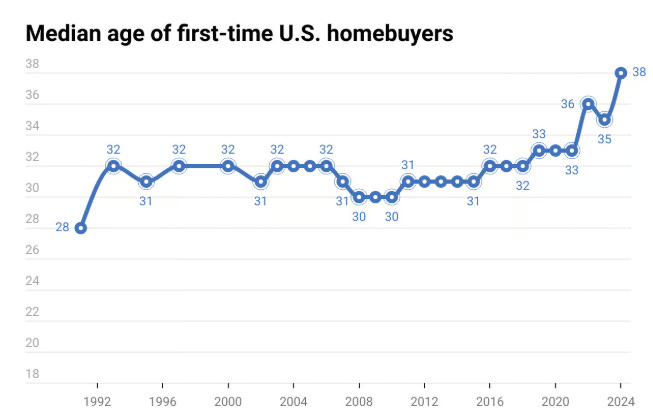
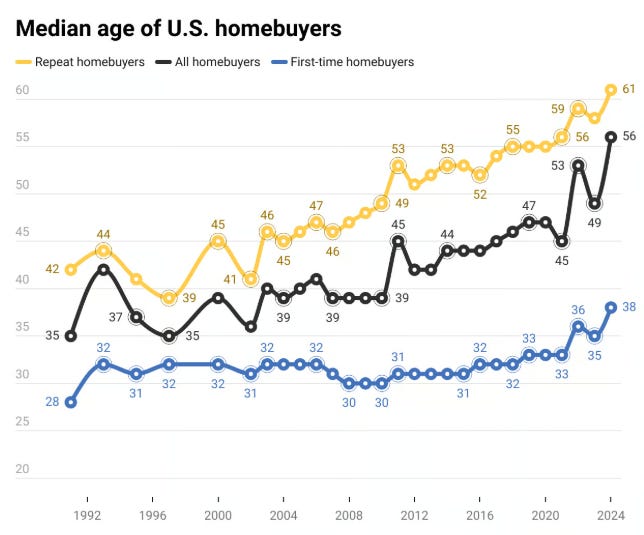
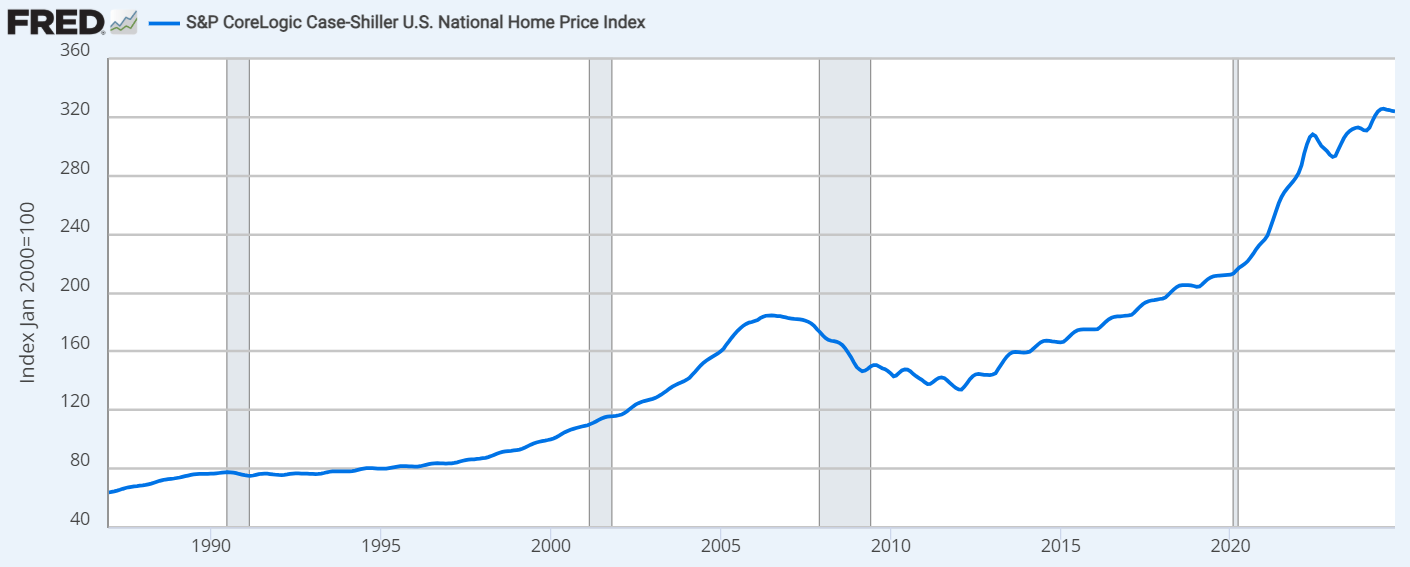

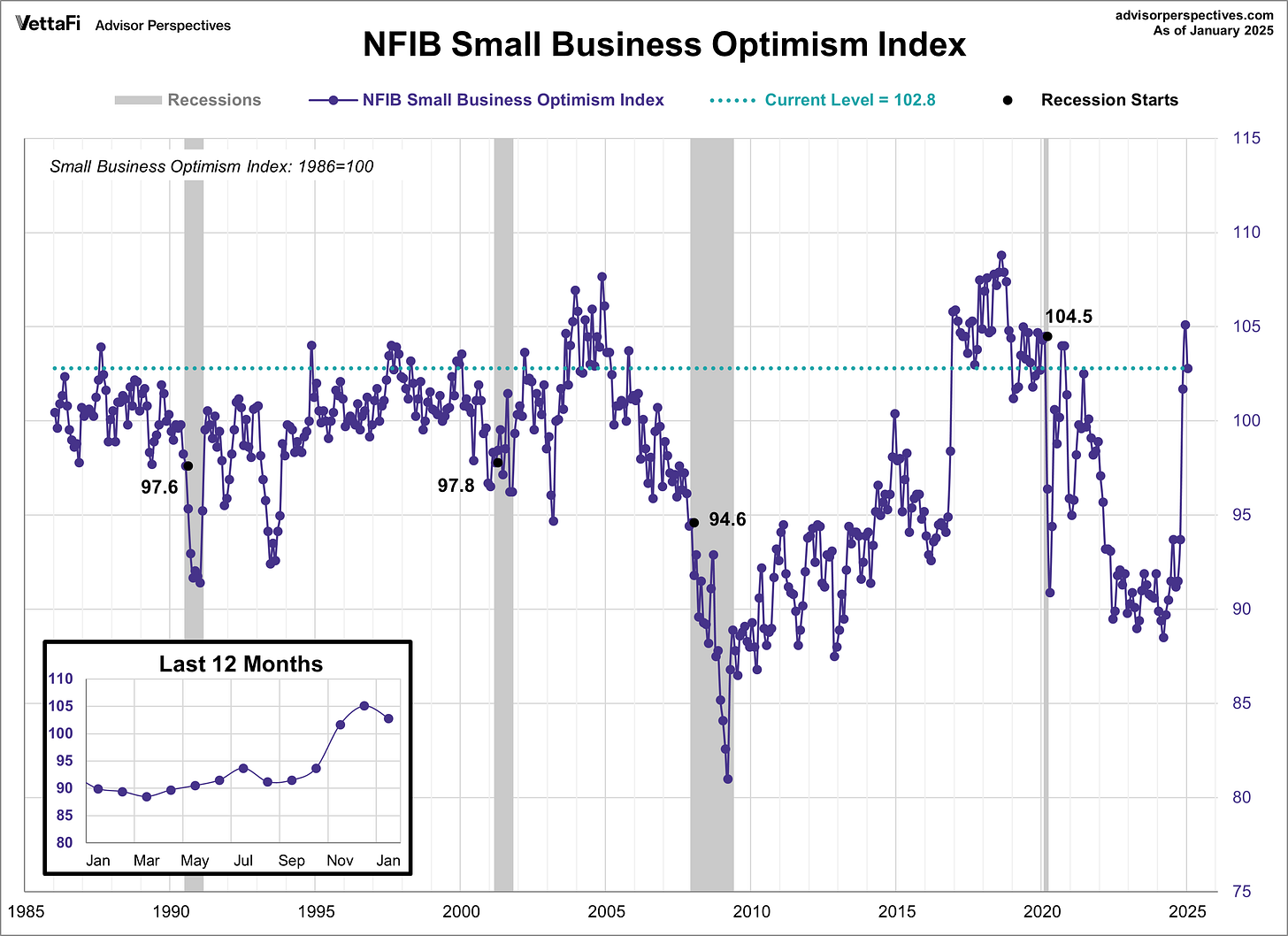
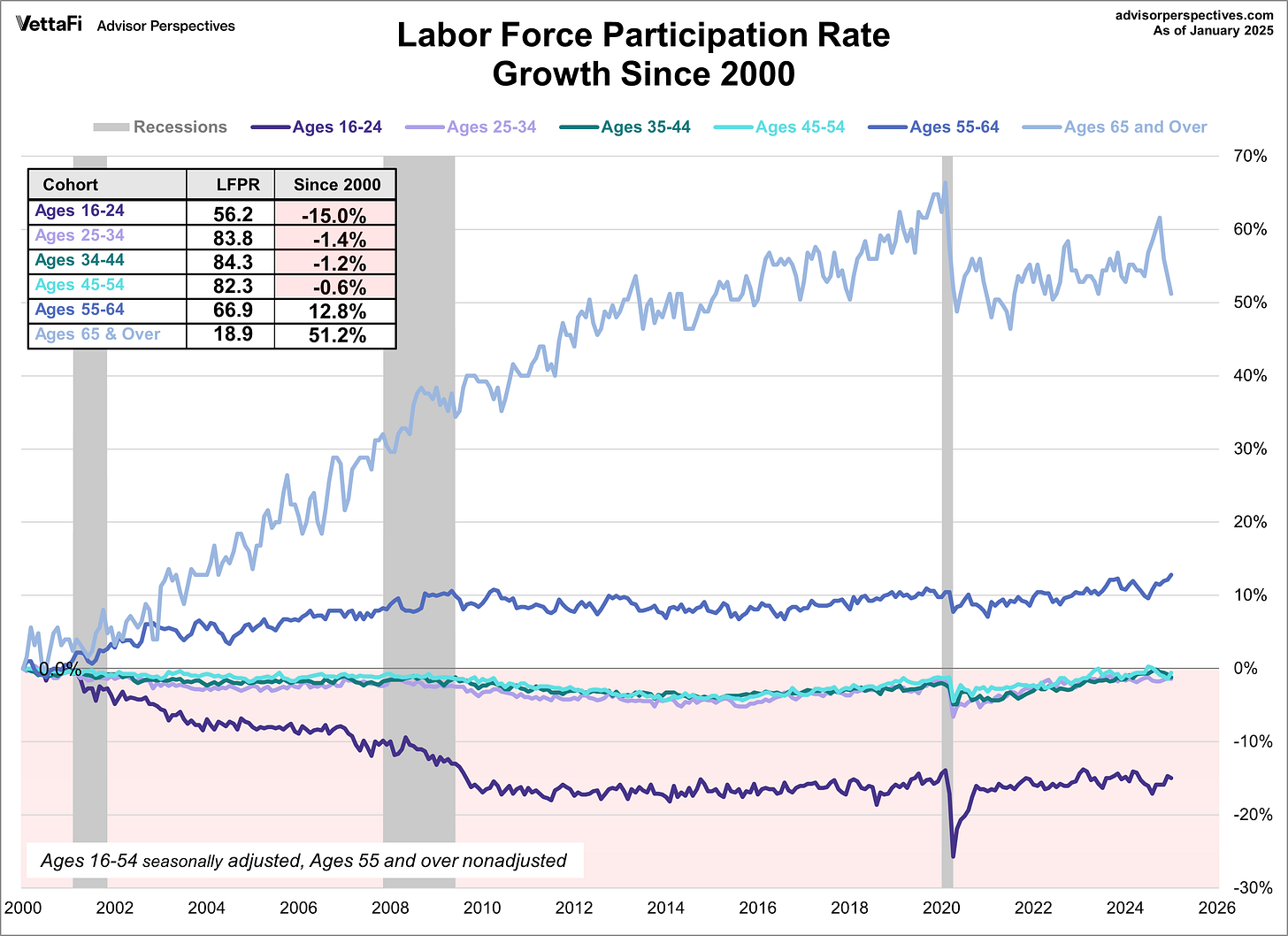
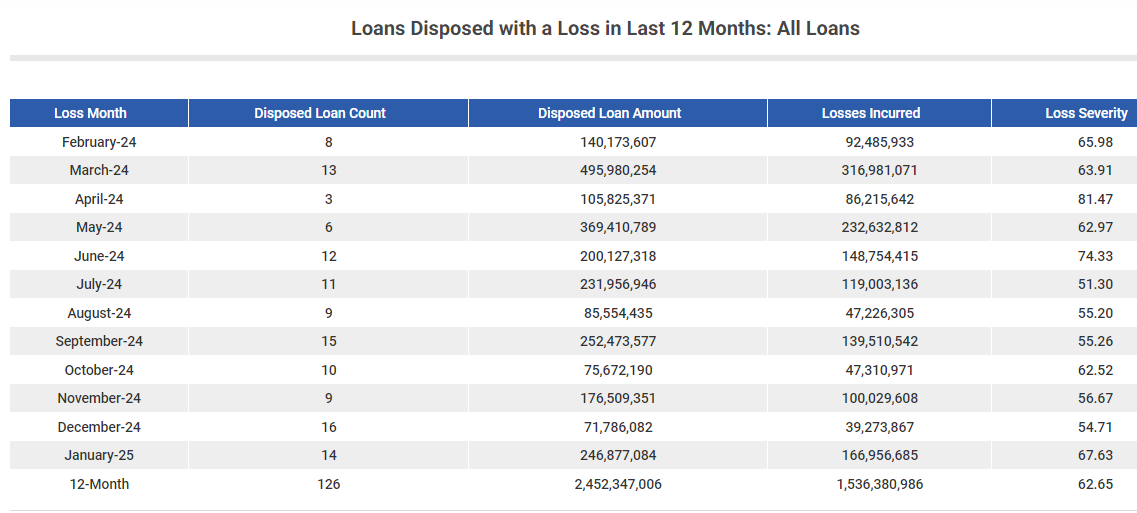
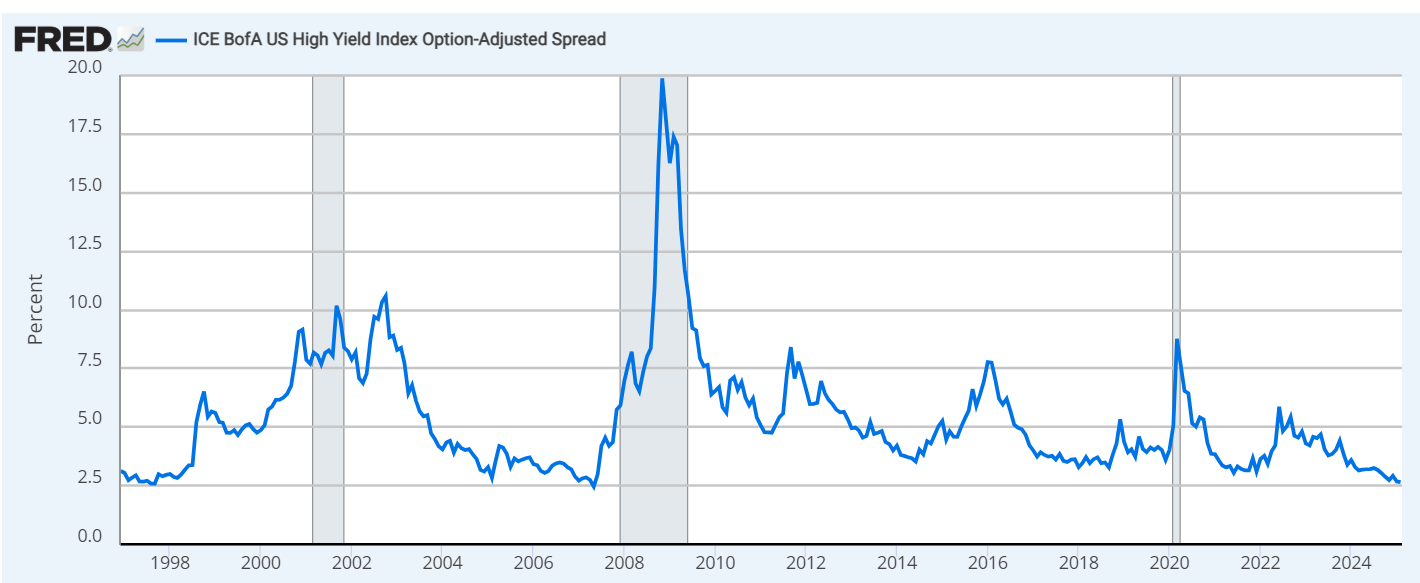


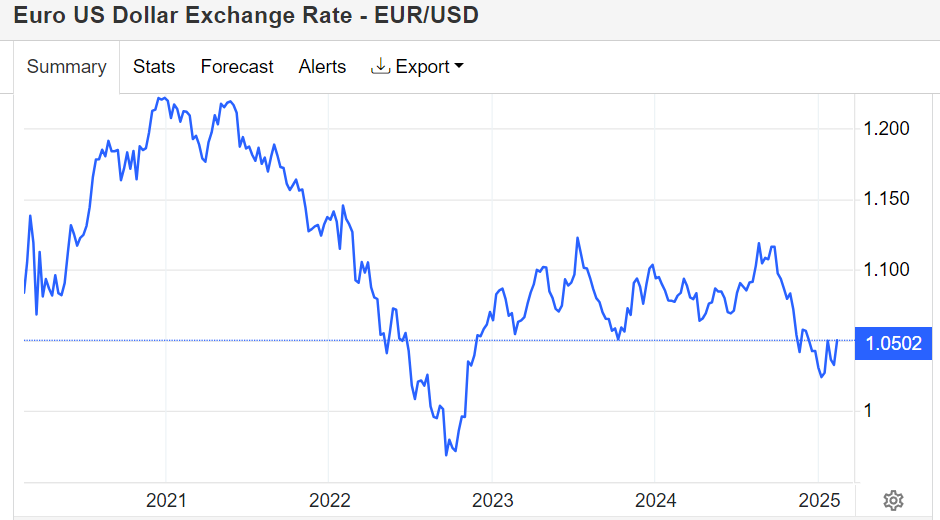
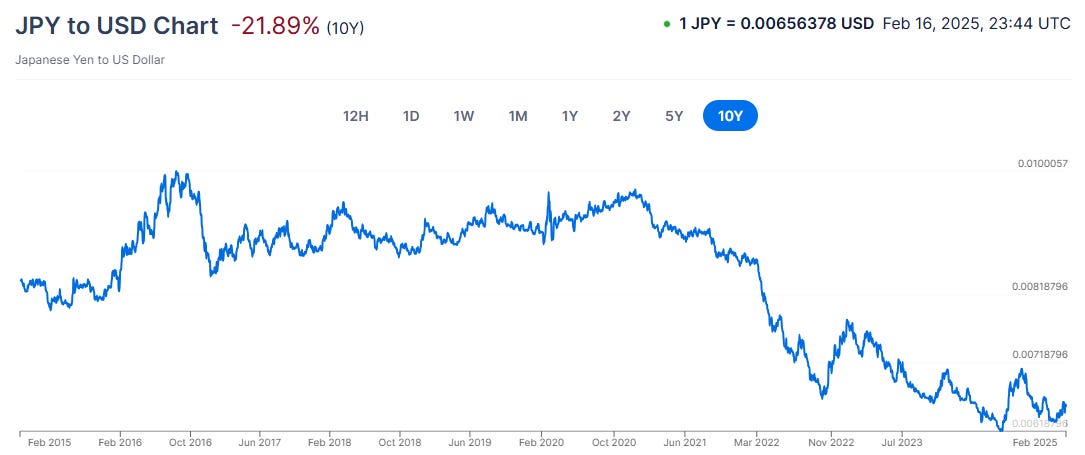
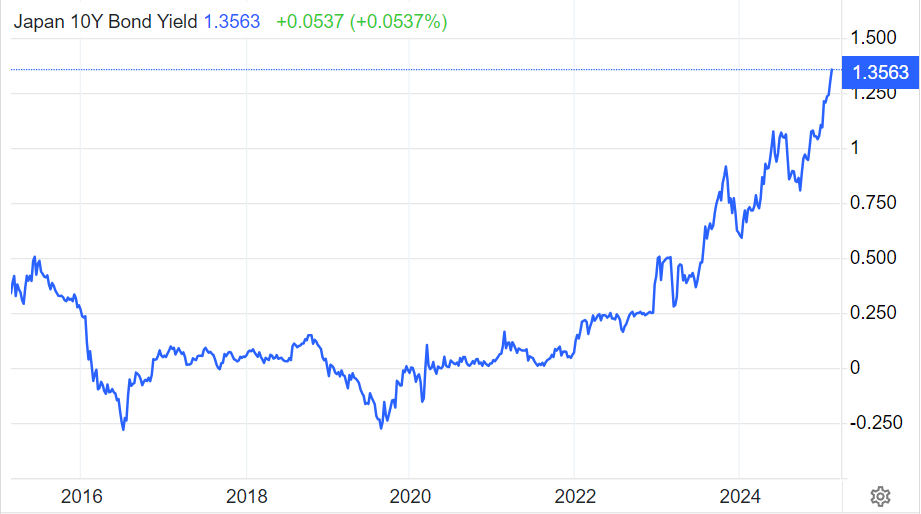
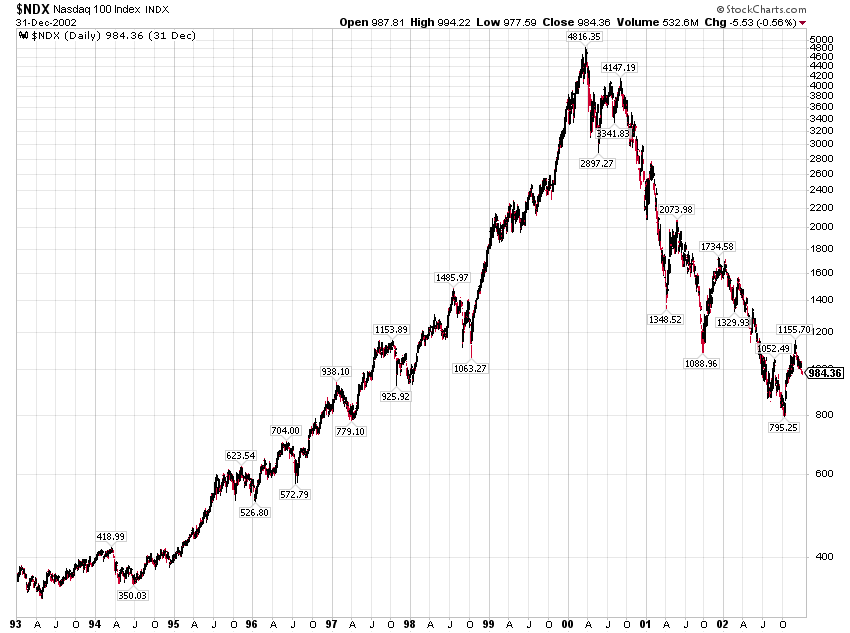
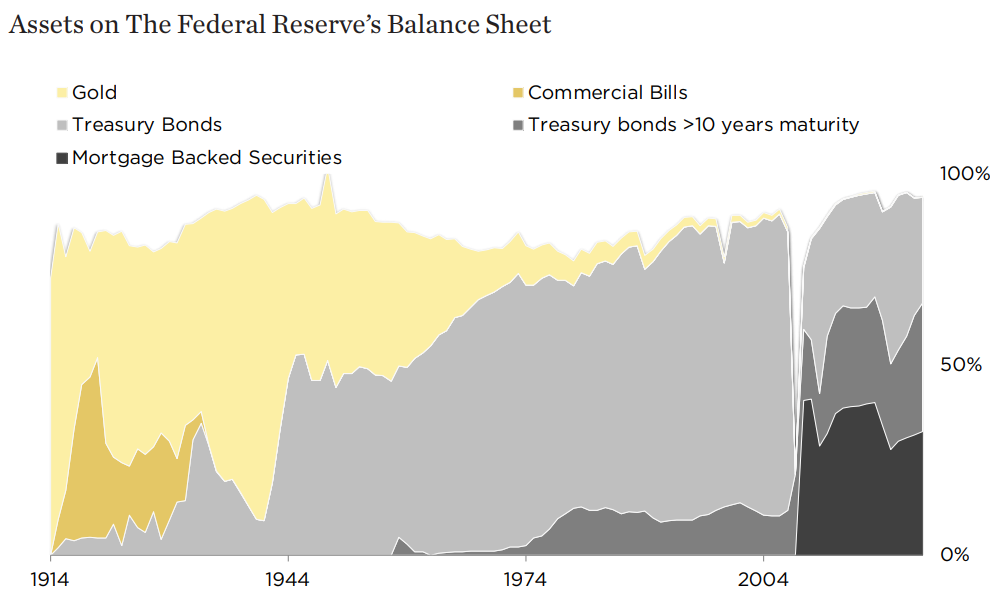

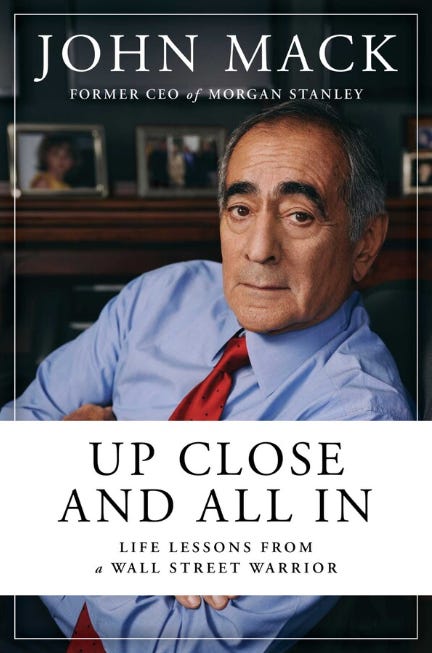


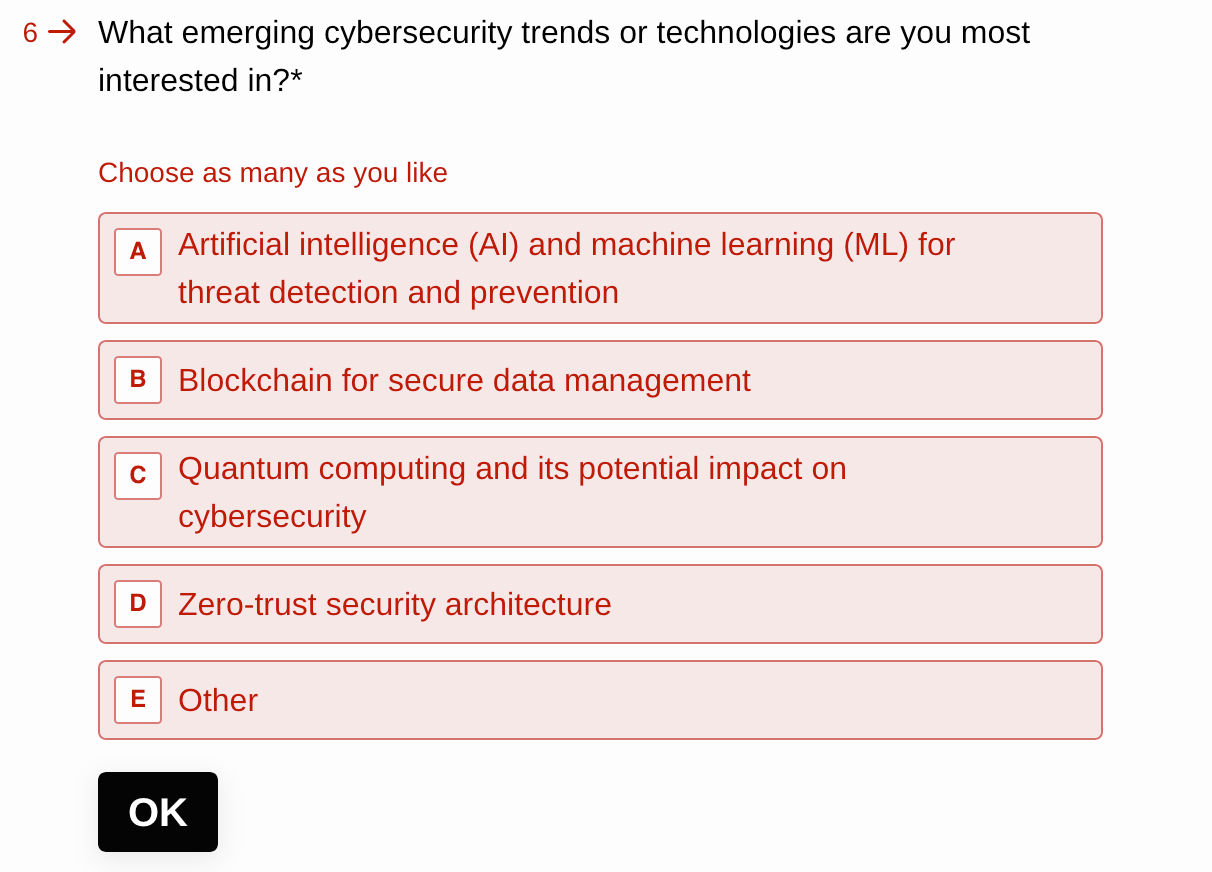
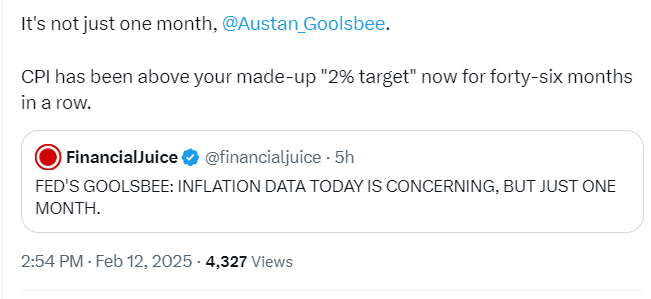


Melody says the next housing crisis might bankrupt municipalities. Rudy, how do you think a bankruptcy like that might effect the locals?
Dan Rasmussen: Smart people are always too early.
So I’ve been in ‘crash position’ or as I prefer to call it, Maximum Protection Theory, since November 2021. With a nearly 50% allocation to gold and silver, I don’t feel as if I’ve missed much by being a non participant in the equity madness. (Although I do own some jr miners and no you can’t ask me how that has worked out).
And now Dan has given me cover to be able claim I’m smart, once it all melts down.
I’m so excited.